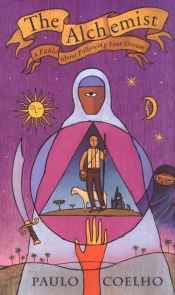an amazing encounter with the “alter christus”
It’s always best to drop your baggage and approach each book you read with a fresh, expectant state of mind, but undoubtedly, many people will find that difficult with Saint Francis, as I did, with an aversion to wordy translations. No matter. By the time I was fifty pages into the book, that “baggage” was history, and I was entranced by Kazantzakis’ incredible retelling of this man’s story, the man whose life was so radically distinctive in purity, poverty, and peace, that he created one of the most lasting and far-reaching reforms in Church history.
Saint Francis starts slowly, with Francis’ companion Brother Leo mourning the death of his friend and bemoaning the years of self-denial he suffered in following Francis and his life of self-imposed deprivations. He begins to write of the life of Francis, at first erratically, and then, chronologically, remembering how he met him, and how God began changing Francis. From this point on, (about the fifty-page point) Leo’s recollection becomes a seamless chronological narrative, inevitably progressing from fascinating to gripping to utterly captivating. I read the last seventy or so pages in one sitting, and felt I was not in this time or space, but with Francis himself at the incredible close of the earthly phase of his life.
Unlike The Last Temptation of Christ, Saint Francis is much more biography than fiction. The main fiction Kazantzakis uses is making Brother Leo the constant companion to Saint Francis, and thus an eyewitness to all the miracles in his ministry. (In reality, although Leo was one of his first brothers and biographers, he did not accompany him on all the journeys.) Leo also conveys the irresistible charisma of Francis, and the contagiousness of his vision of abandoning all worldly desires to pursue and serve Jesus through boundless love for not just every person, but everything, with determined peace, and perfect simplicity.
This book is dangerous, in the same way the Gospel is dangerous:If you are satisfied with your spiritual life and want no challenges, don’t read this book, because it might blow you away.
Am I exaggerating? Soon after I began read Saint Francis, I seriously began to consider formally becoming a Franciscan. While I’ve since realized that I don’t have a Franciscan vocation, something of the spirit of St. Francis has stayed with me to this day, years after encountering this wonderful book.
Don’t read this book at all, unless you want to fall more deeply and passionately in love with Jesus Christ. But if you do, run to a rare bookstore or library and get it! And as Francis would say, may Peace and Good rain upon you.

